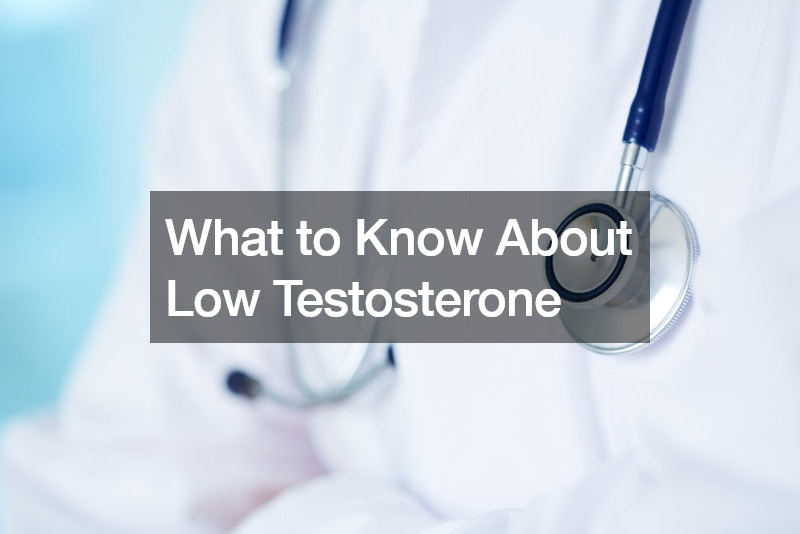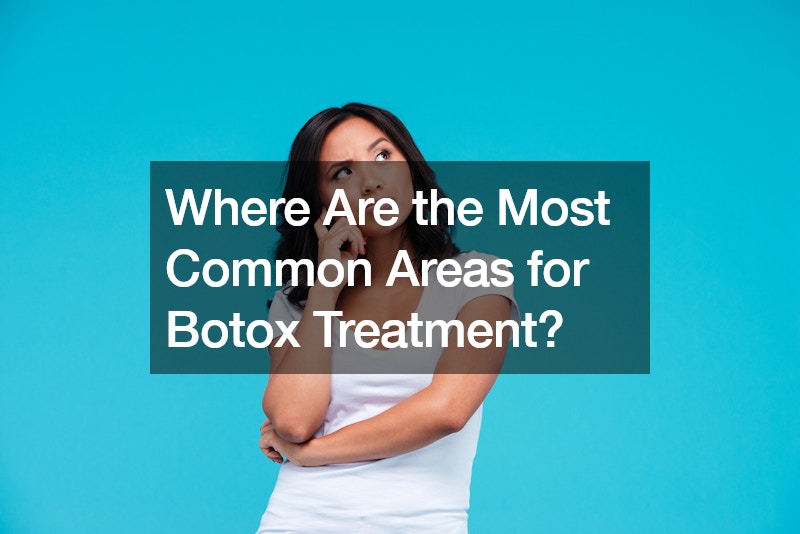
Low testosterone, or hypogonadism, is a common condition affecting many men, particularly as they age. Testosterone is a crucial hormone responsible for various functions in the male body, including muscle mass, bone density, red blood cell production, and sexual health. When levels drop below the normal range, it can lead to several health issues that significantly impact the quality of life.
Symptoms of Low Testosterone
Low testosterone can manifest in various ways. Common symptoms include fatigue, reduced libido, erectile dysfunction, and mood changes such as depression or irritability.
Men might also experience a decrease in muscle mass, increased body fat, and a reduction in bone density, making them more susceptible to fractures. Other signs can include hair loss, hot flashes, and difficulty concentrating. Recognizing these symptoms early can lead to timely diagnosis and treatment, improving overall well-being.
Causes of Low Testosterone
Several factors can contribute to low testosterone levels. Aging is a primary factor, as testosterone levels naturally decline with age. Medical conditions such as obesity, diabetes, and metabolic syndrome can also impact hormone levels. Additionally, injuries or infections affecting the testicles, chronic illnesses like kidney or liver disease, and certain medications can lead to low testosterone. Genetic conditions like Klinefelter syndrome and lifestyle factors such as excessive alcohol consumption and lack of exercise are also contributing factors.
Diagnosis and Treatment
If you suspect you have low testosterone, it’s crucial to consult a healthcare professional. Male clinics in Minnesota are equipped to provide comprehensive evaluations and treatments for low testosterone. Diagnosis typically involves a physical examination, a review of symptoms, and blood tests to measure hormone levels.
Treatment options vary depending on the cause and severity of the condition. Testosterone replacement therapy (TRT) is a common treatment that can be administered through injections, patches, gels, or implants. TRT can effectively alleviate symptoms and improve quality of life. However, it’s essential to undergo regular monitoring, as TRT can have side effects and is not suitable for everyone.
Lifestyle Changes and Management
In addition to medical treatments, lifestyle changes can play a significant role in managing low testosterone. Maintaining a healthy weight, engaging in regular physical activity, and adopting a balanced diet rich in nutrients can positively impact hormone levels. Reducing stress through mindfulness practices, getting adequate sleep, and avoiding excessive alcohol and tobacco use are also beneficial strategies.
Understanding low testosterone is vital for addressing its symptoms and improving quality of life. Male clinics in Minnesota offer specialized services to diagnose and treat this condition effectively. If you experience symptoms of low testosterone, seeking professional help can lead to timely intervention and better health outcomes.
.




